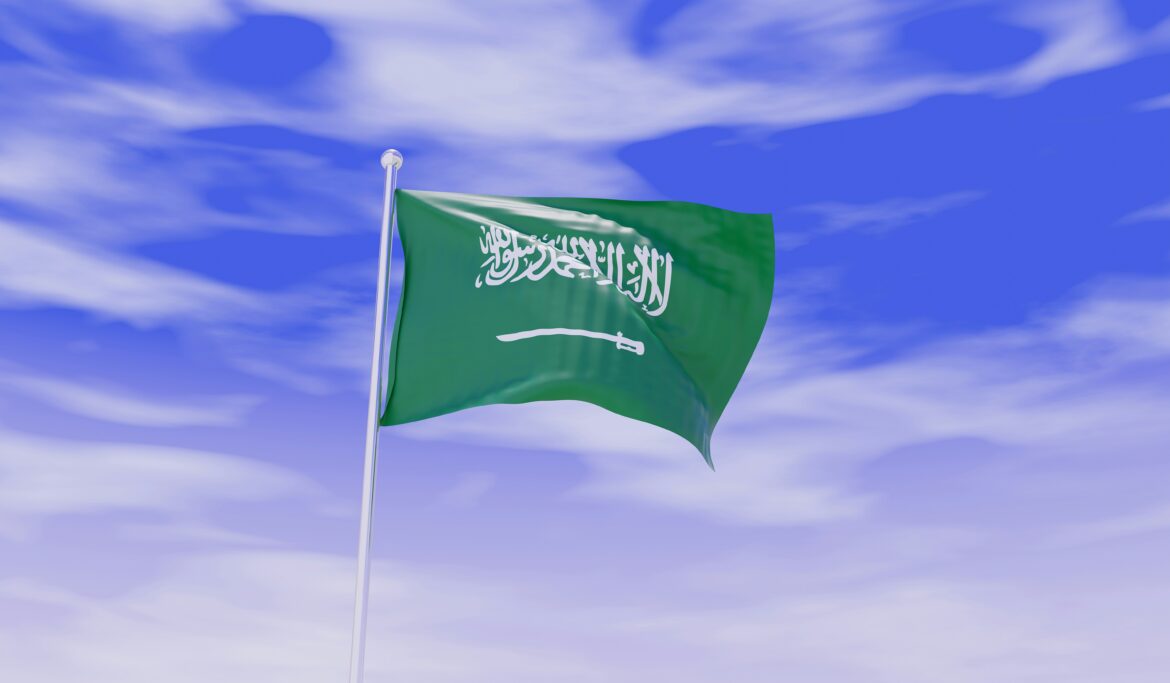Aston University has announced that alongside its Energy and Bioproducts Research Institute (EBRI), it has begun talks with experts in Saudi Arabia to explore converting waste products into energy.
The university shared that the experts in the Kingdom include those currently working on NEOM and The Line.
The collaboration will see the researchers aid Saudi Arabia in creating technology to convert waste into energy and other innovations, such as using date palm waste to transform desert sand to allow it to retain water and grow crops.
This follows a two-day conference hosted by the university in March, which saw participants gather to discuss how to develop and apply the technology.
Over 70 delegates attended the conference, including representatives from King Abdulaziz City for Science and Technology (KACST), King AbdulAziz University, The National Research and Development Center for Sustainable Agriculture and the Saudi Investment Recycling Company (SIRC), it was shared.
According to the university, the conference was also part of the UK-KSA Waste2Energy project, which is supported by the Foreign, Commonwealth and Development Office under the Gulf Strategy Fund (GSF) programme and led by Dr Muhammad Imran, a senior lecturer in mechanical, biomedical and design engineering.
Tim Miller, EBRI director of engagement, explained that Aston University has “extensive engagement” in the waste-to-energy sector through substantial industrial and academic collaborations globally.
“Advancements made by institutes like EBRI in waste-to-energy technologies are continually contributing to sustainable energy development,” said Miller.
Adding: “The meeting provided an insightful overview of the project, emphasising the significant opportunities it offers to UK industries and academia for funding, collaboration and PhD opportunities.
By 2040, Saudi Arabia intends to divert 90 per cent of all its waste streams away from landfills and convert 16 per cent of this waste into energy.



